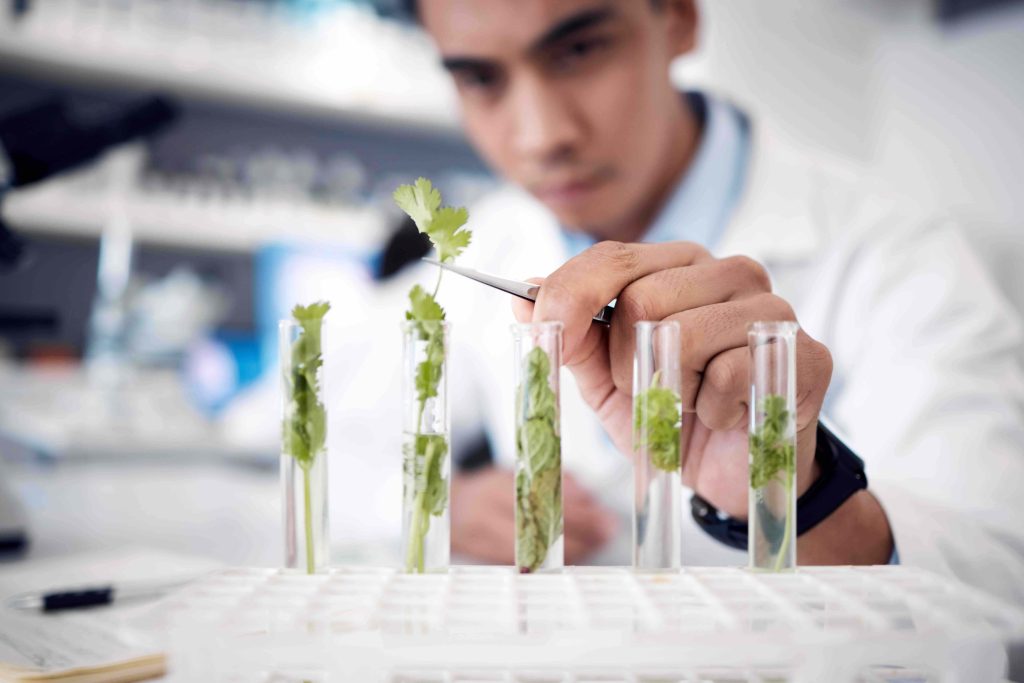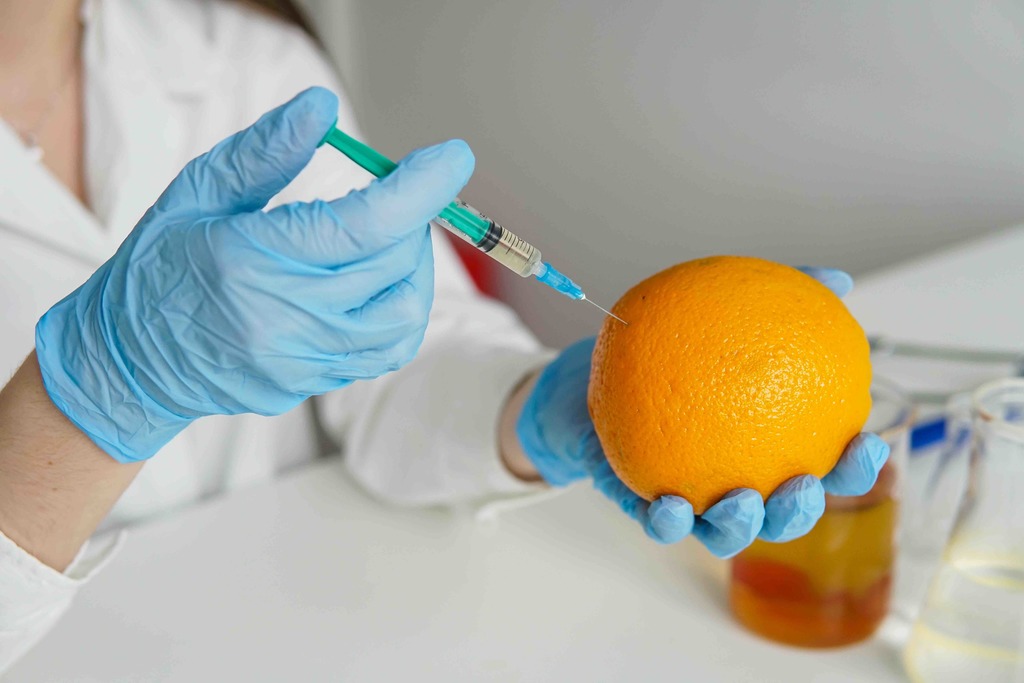Organic food has grown exponentially in popularity, promising consumers healthier and more environmentally-friendly options. However, the journey of organic labeling has not been without blemish. Several high-profile scandals, from the Fake Organic Grain Imports of 2016-2017 to the recent Chinese Organic Certification Controversies, have rocked the industry, exposing fraudulent practices and shaking consumer trust.
Aurora Organic Dairy faced allegations in 2007, highlighting vulnerabilities in organic dairy production. Further, in 2011, the Organic Soy Import Deception scandal revealed the susceptibility of import processes to manipulation. Whole Foods Market faced allegations in 2014, questioning the authenticity of their organic claims.

Pesticide Residue Debacles, the Rodale Institute’s Dilemma in 2002, Organic Egg Production Ambiguities throughout the 2010s, the Fertilizer Fiasco in 2008, and the Strawberry Standoff in 2010, all have brought to light the vulnerability of the organic food sector to unethical practices. This article delves into these shocking revelations, exploring how regulatory bodies and consumers have responded to ensure the integrity of organic labeling.

Conclusion:
The scandals that have unfolded in the organic industry serve as stark reminders of the critical need for transparency, regulatory vigilance, and consumer awareness. While these incidents have undoubtedly cast shadows over the sector, they also catalyze positive reforms and a reinforced commitment to upholding the principles of organic production. As consumers, staying informed and demanding authenticity is paramount in nurturing an organic market that is true to its core values and promises.

